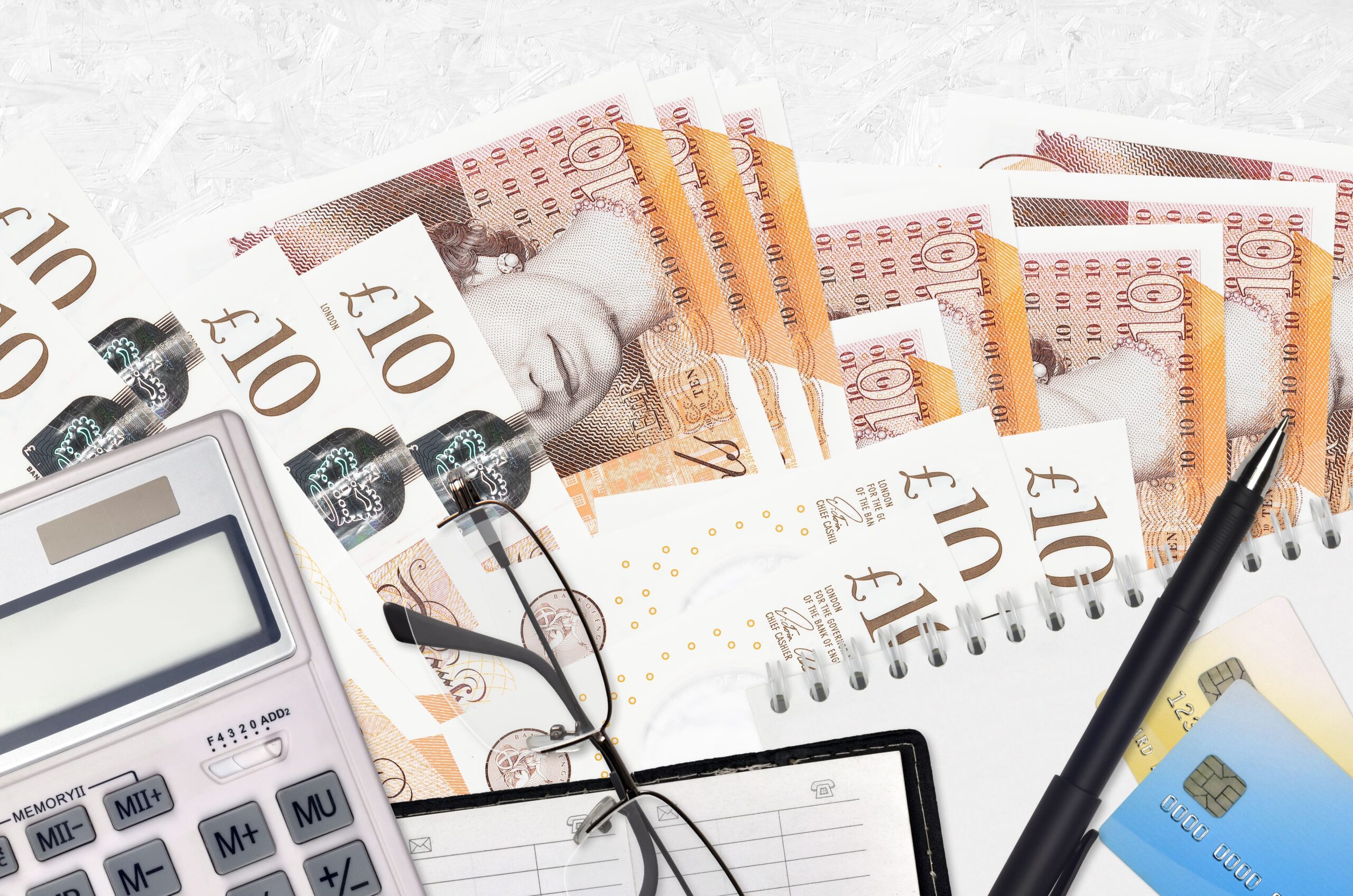The UK tax system works on a progressive basis, meaning that the more you earn, the more you pay in income tax – which has a significant effect on personal tax allowances over 100k.
When you become a six-figure earner, some key changes take place to how you are taxed.
Understanding these implications, particularly in relation to the personal tax allowance over 100k, is crucial for anyone classified in this income bracket.
Do you lose your personal tax allowance over £100,000?
The main changes when it comes to personal taxation for high earners is the gradual reduction of the tax personal allowance over 100k.
This means that for every £2 you earn over £100,000, you lose £1 of your tax-free personal allowance.
The income previously included in your personal tax-free allowance will be taxed at the current higher tax rate of 40 per cent.
This means that individuals who earn £125,140 or more will lose their entire personal allowance.
The impact of losing personal tax allowance
The personal allowance serves as a tax-free threshold that allows individuals to earn a certain amount of income without income tax being liable.
Losing part or all of your personal tax allowance will increase your tax liability, meaning that more of your income will become subject to tax, and result in a higher overall tax bill.
Can you mitigate the loss of your personal tax allowance?
There are a number of strategies that can be used to mitigate the impact of losing your personal tax allowance:
Tax-efficient investments
Contributions to pension receive tax relief, reducing taxable incomes and potentially helping to preserve your personal allowance. Income earned on investments in tax-efficient vehicles such as ISAs are not liable for tax.
Salary sacrifice schemes
Salary sacrifice arrangements allow you to exchange a portion of your salary for non-cash benefits such as additional pension contributions or childcare support, reducing your taxable income.
Spreading income
If possible, spread income over multiple tax years to stay below the £100,000 threshold in any given year. This could involve deferring bonuses or income from investments to a future tax year.
Charitable giving
Charitable donations can help reduce your taxable income. Higher rate and additional rate taxpayers can claim additional tax relief on charitable donations. This effectively reduces their tax liability.
Personal tax and financial advice from DAAFL
With tax legislation liable to change, reporting requirements becoming ever more complex, and the risk of investigation increasing, it’s never been more important to ensure your tax affairs can withstand scrutiny.
If you’re a higher earner, you can mitigate the amount of tax you have to pay through a range of strategies while meeting your obligations.
Our experienced team of financial specialists at DAAFL can provide tailored tax and financial advice to ensure you maximise your tax relief while meeting your obligations.
Contact us to find out more about our services.
